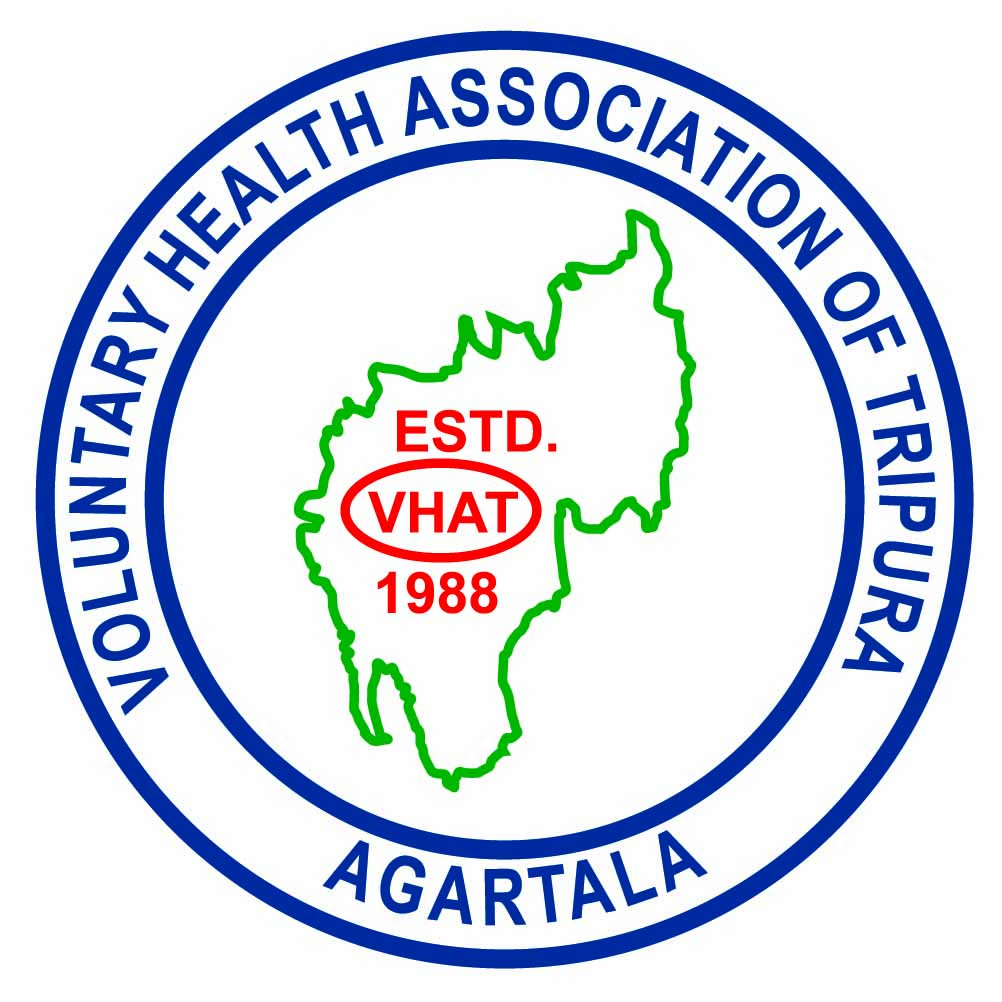Cause Area
Primary Sectors
Secondary Sectors
Financials
-
2020
Total IncomeRs.46,812,112Total ExpensesRs.49,550,465Non Program ExpensesRs.3,468,532Program ExpensesRs.46,081,933Tip: Click on any value above to exclude it. -
2021
Total IncomeRs.26,307,509Total ExpensesRs.25,626,357Non Program ExpensesRs.3,468,532Program ExpensesRs.46,081,933Tip: Click on any value above to exclude it. -
2022
Total IncomeRs.46,812,112Total ExpensesRs.49,550,466Non Program ExpensesRs.3,468,532Program ExpensesRs.46,081,933Tip: Click on any value above to exclude it. -
2023
Total IncomeRs.63,775,768Total ExpensesRs.61,029,208Non Program ExpensesRs.3,661,752Program ExpensesRs.57,367,456Tip: Click on any value above to exclude it. -
2024
Total IncomeRs.45,424,125Total ExpensesRs.43,422,262Non Program ExpensesRs.2,605,335Program ExpensesRs.40,816,926Tip: Click on any value above to exclude it.
Geographies Served
Programs
-
Ratanmani Vidyalaya
DistrictDistrict
South Tripura
The motto of the project "Ratanmani Vidyalay " is to provide primary education among tribal children living in the remote hilly areas of South Tripura district. This is the residential school where 300 tribal children are studing
-
Integrated Tribal Development Project
DistrictDistrict
North Tripura
The prime objective of the project is to improve the socio economic conditions of the participating tribal families besides addressing the ecological concerns of the selected areas by the end of the project period. Major Components under the projects are: Horticultural Orchard Development, Health Camps (General/ Special on Eye & RCH) , Training (WADI Development/ Mushroom/ Backyard Poultry), Water Development( Small Ponds/ Water Tank with Lifting Facility) , Awareness Programme( Anti Drug and Tobacco Control/ Digital Financial Literacy/ Legal Awarenes
Impact Metrics
-
Number of Children Completed the Primary Education (5Th Standard) and Got Admission in High School
Year-wise Metrics- 2019-20 46
- 2020-21 50
- 2021-22 52
-
Number of Children (3Rd to 5Th Standard) Develop the Knowledge for Prevention of Communicable Diseases Like Malaria,Diarrhoes&Hand Washing
Year-wise Metrics- 2019-20 155
- 2020-21 179
- 2021-22 187
-
Local Tribal Children Admitted in School
Year-wise Metrics- 2019-20 288
- 2020-21 300
- 2021-22 306
-
Improvement of Study Techniques
Year-wise Metrics- 2019-20 3
- 2020-21 3
- 2021-22 2
-
Students Are Now More Focused on Their Studies
Year-wise Metrics- 2019-20 2
- 2020-21 2
- 2021-22 3
-
Students Are More Punctual
Year-wise Metrics- 2019-20 3
- 2020-21 2
- 2021-22 2
-
Number of Children Completed the Primary Education (5Th Standard) and Got Admission in High School
Year-wise Metrics- 2019-20 46
- 2020-21 50
- 2021-22 52
-
Number of Children (3Rd to 5Th Standard) Develop the Knowledge for Prevention of Communicable Diseases Like Malaria,Diarrhoes&Hand Washing
Year-wise Metrics- 2019-20 155
- 2020-21 179
- 2021-22 187
-
Local Tribal Children Admitted in School
Year-wise Metrics- 2019-20 288
- 2020-21 300
- 2021-22 306
-
%Age Improvement of Study Techniques
Year-wise Metrics- 2019-20 3
- 2020-21 3
- 2021-22 2
-
%Age Students Are Now More Focused on Their Studies
Year-wise Metrics- 2019-20 2
- 2020-21 2
- 2021-22 3
-
%Age Students Are More Punctual
Year-wise Metrics- 2019-20 3
- 2020-21 2
- 2021-22 2
Registration Details
-
PAN Card
AAATV3386J
-
Registration Number
Regd. No 1434 dated 12/12/1988
-
CSR Form 1
CASR00013492
-
80G
AAATV3386JF20214
-
12A
AAATV3386JE20190
-
FCRA
206150052
About
-
Headquarters
Agartala, Tripura
-
Since
1988
Impact
VHAT has been working collaboratively with a wide range of stakeholders to champion the causes of health, education, and environmental sustainability, striving to make a lasting impact on the well-being of Tripura's community.
Vision and Mission
Creating excellence in Health and Socio Economic Development with priority to the
less privileged section of the Society
Build capacity of Civil Society Organizations through trainings and IEC.
Promote social justice, equity and rights in the context of accessibility of health services with emphasis on under-privileged sections.
Promote sustainable development, gender equity, inclusion and rehabilitation of PWDs, elementary education, implementation of child rights, elimination of all form of violence against children and women.
Political & Religious Declarations
-
Political Affiliation
-
Religious Affiliation
Location
-
Offices in Cities
Other Details
-
Type
Non-profit
-
Sub Type
Society
Website
Technology Adoption
-
SOC 2 Compliant
No
-
Financial Management
-
Beneficiary Management



